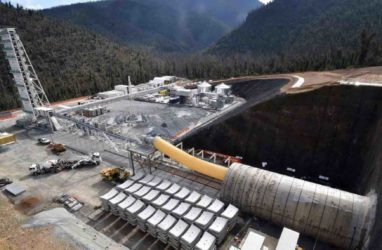The prominence of the PJM Interconnection at New York Climate Week underscores a critical intersection of energy policy and technological growth. As the largest electricity market in the U.S., PJM's challenges—such as lengthy interconnection queues and rising electricity prices—are becoming focal points in political discourse, particularly in states like New Jersey. The discussions surrounding PJM reflect broader concerns about the sustainability of energy systems amid rapid data center expansion and the complexities of wholesale electricity markets. This convergence of energy and technology is not merely academic; it has tangible implications for political campaigns and public policy, highlighting the urgent need for solutions that address both economic and environmental sustainability.
The debates on artificial intelligence's role in sustainability revealed a nuanced understanding of the challenges facing renewable energy deployment. While proponents highlighted AI's potential to enhance efficiency—such as Trane's AI platform improving HVAC systems—critics pointed to systemic human and political barriers that hinder progress. The audience's overwhelming skepticism towards the notion that AI alone could solve climate issues suggests a recognition of the multifaceted nature of these challenges. Additionally, the influx of Big Tech investment is reshaping electricity markets, as a few dominant firms dictate demand patterns, thereby influencing the trajectory of early-stage climate technologies. This evolving landscape necessitates a reevaluation of corporate carbon accounting standards, as highlighted by the ongoing discussions around the Greenhouse Gas Protocol, which could significantly impact emissions reporting and ultimately, global decarbonization efforts.







